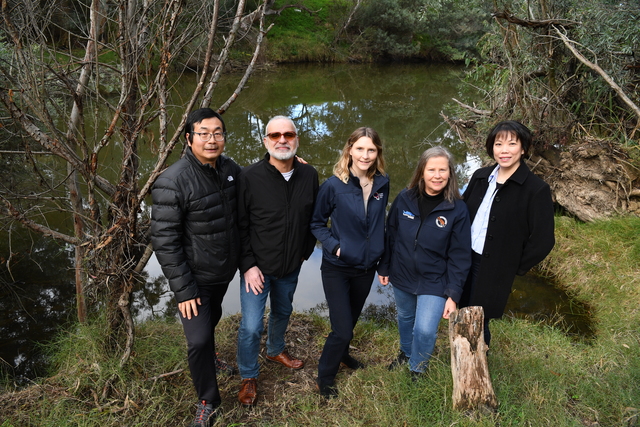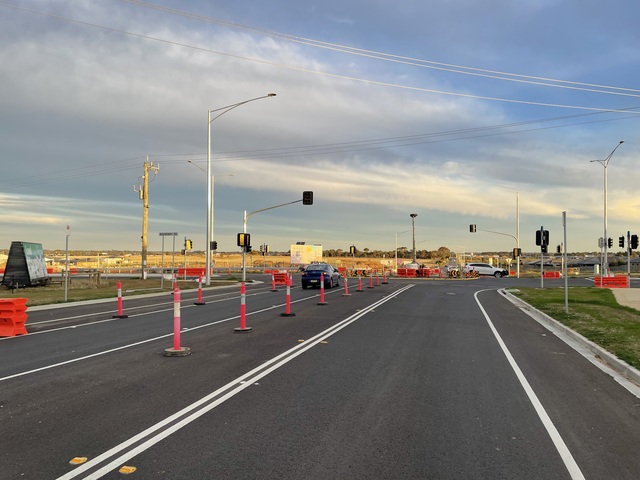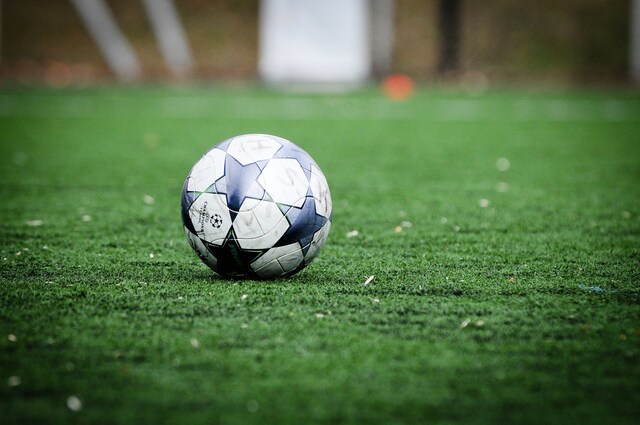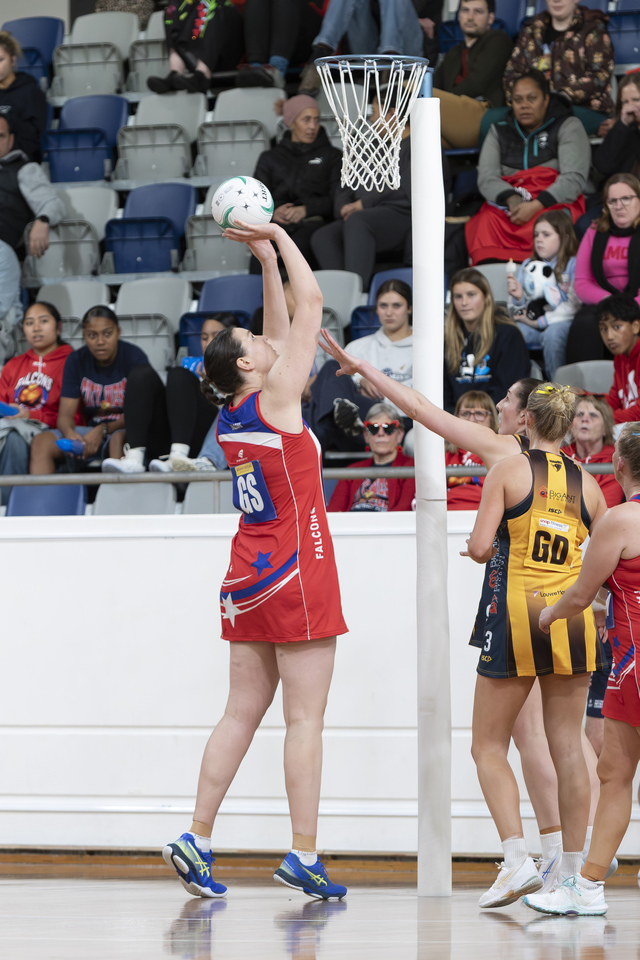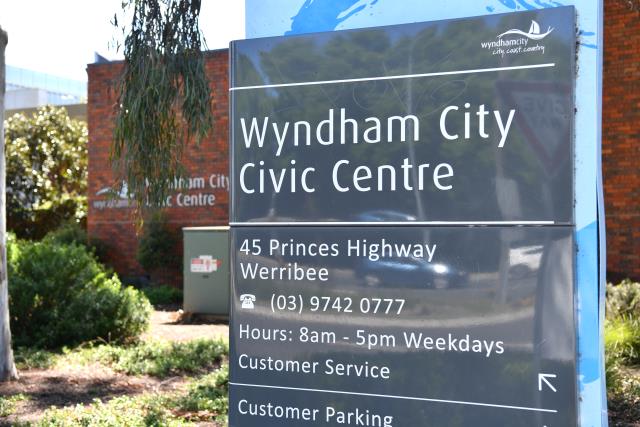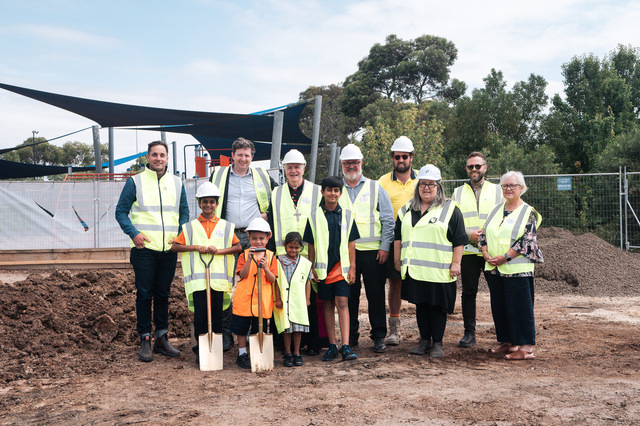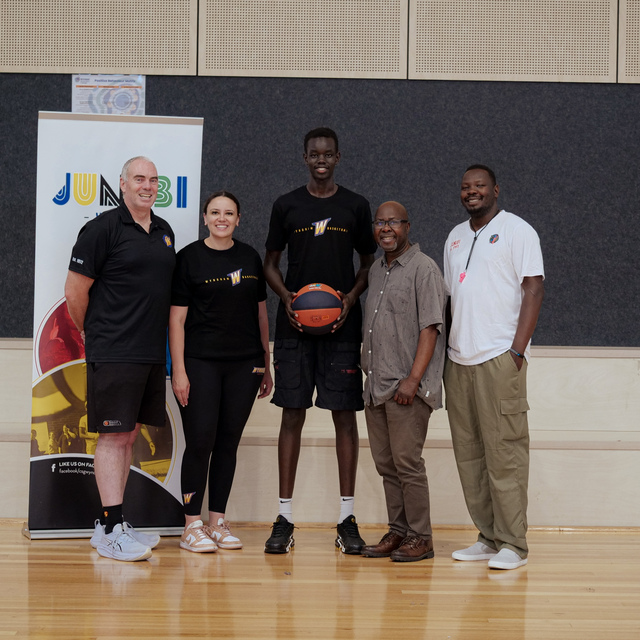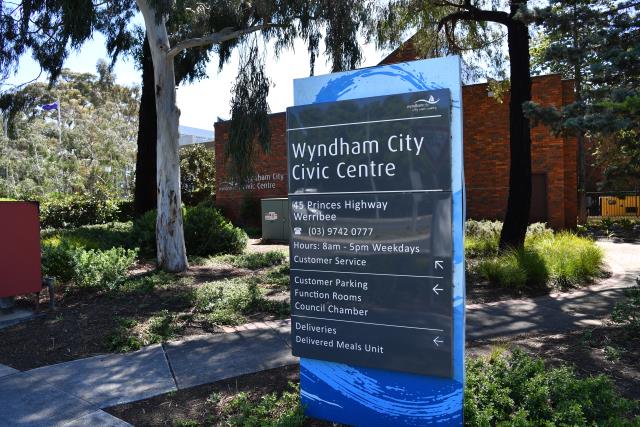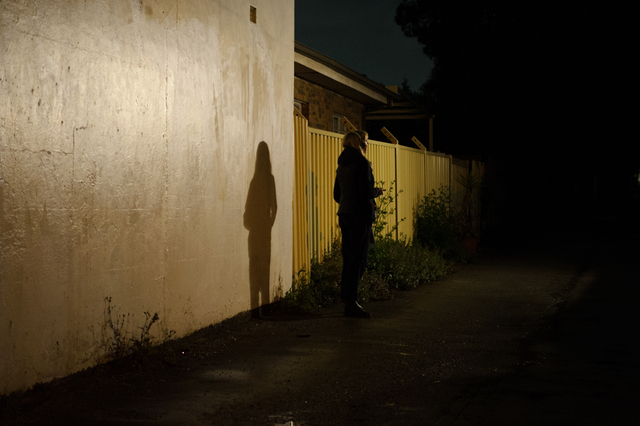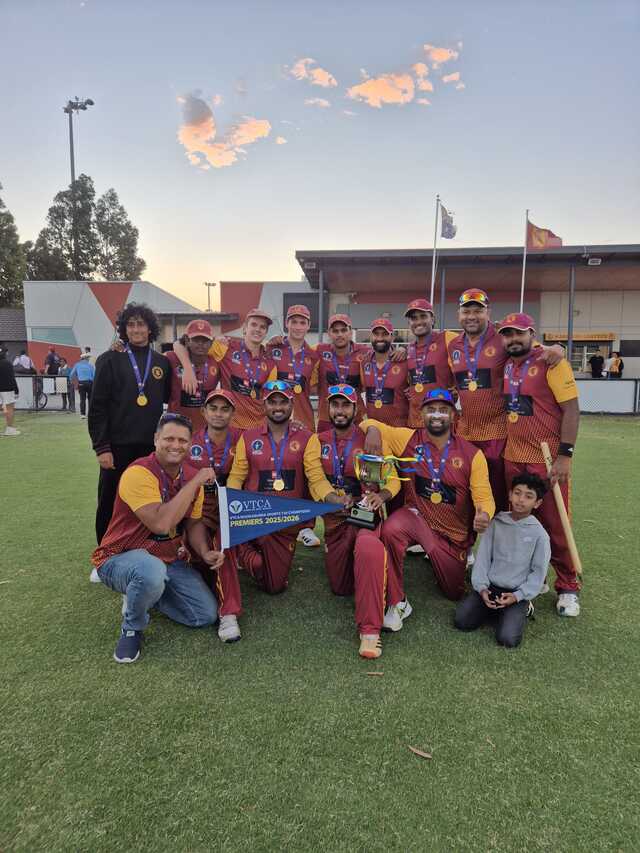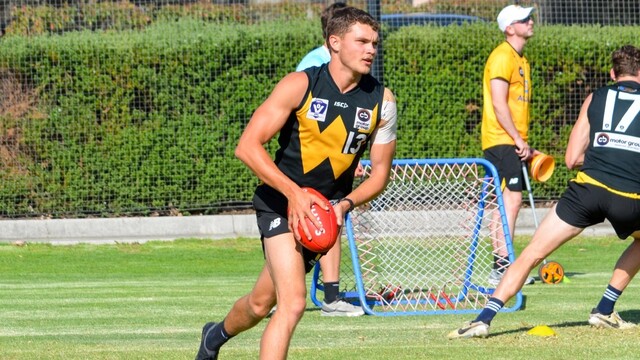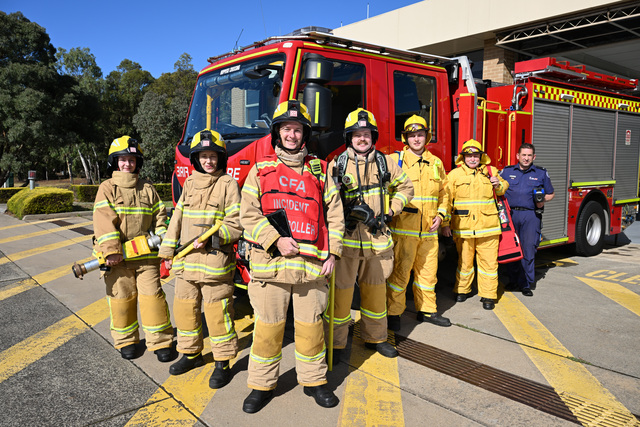Members of the public are being called on to participate in a new research project investigating the effect water quality has on the platypus population in the Werribee River.
The Platypus Watch project is collaboration between the Werribee River Association (WRA) and Victoria University (VU) where water samples collected near urban and peri-urban environments along the river over an eight month period, will be analysed.
The project, which is funded by a grant from Greater Western Water, begins in August and will run through to June next year, and the WRA’s Lisa Field said there was plenty of scope for community members to get involved.
“This project will offer community members the opportunity to be part of the research project group, meeting with some of the best environmental engineers, and chemical scientists, and joining with us as we explore the research questions, methodologies and facilities for testing. It really is a unique project,” Ms Field said.
“We advise people to send in an [expression of interest], and we’ll keep you informed of all project developments that will include collecting water samples, river tours and assessment of platypus habitat, a laboratory tour at the Victoria University campus, and online and in-person presentations about the research.”
VU senior research fellow, Dr Jianhua Zhang, said Platypus Watch was an important project for Wyndham because it allowed community members to participate in research while learning about how to properly care for platypuses living in the Werribee River.
“Through this project, we hope more people living in the western area can participate the monitoring our river health,” he said.
“This will include monitoring the water quality and welfare of our wildlife neighbours closely. A report will be written to conclude the influence of pollutants on platypus habitats during 10 months of monitoring.”
The results of the research will then be used to build a case for protecting the declining platypus population in the Werribee River.
Details: Lisa Field, 0433 559 530 or admin@werribeeriver.org.au

